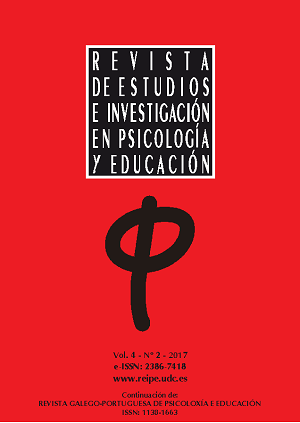Review of the app: Genial.ly. A tool in the cloud to create dynamic and interactive content
Main Article Content
Abstract
Keywords:
Downloads
Article Details
References
Cabero Almenara, J. (2016): Tendencias educativas para el S.XXI. Madrid: CEF
Fundación Telefónica (2012) Aprender con tecnología: investigación internacional sobre modelos educativos de futuro. Madrid: Ariel [Recuperado de: https://www.fundaciontelefonica.com/arte_cultura/publicaciones-listado/pagina-item-publicaciones/itempubli/165/ con fecha 03/11/2107]
Gadner, H. (1987): La teoría de las inteligencias múltiples, Fondo de Cultura, México.
García, I. y otros (2010): Informe horizon: edición iberoamericana 2010. Austin. Texas: The New Media Consortium.
Torrano Moltalvo, F. y González Torres. M.C. (2004): El aprendizaje autorregulado, presente y futuro de la investigación. Revista electrónica de investigación Psicoeducativa. [Recuperado de: http://www.webdocente.altascapacidades.es/Aprendizaje Autorregulado/Art_3_27.pdf con fecha 03/11/2107]


